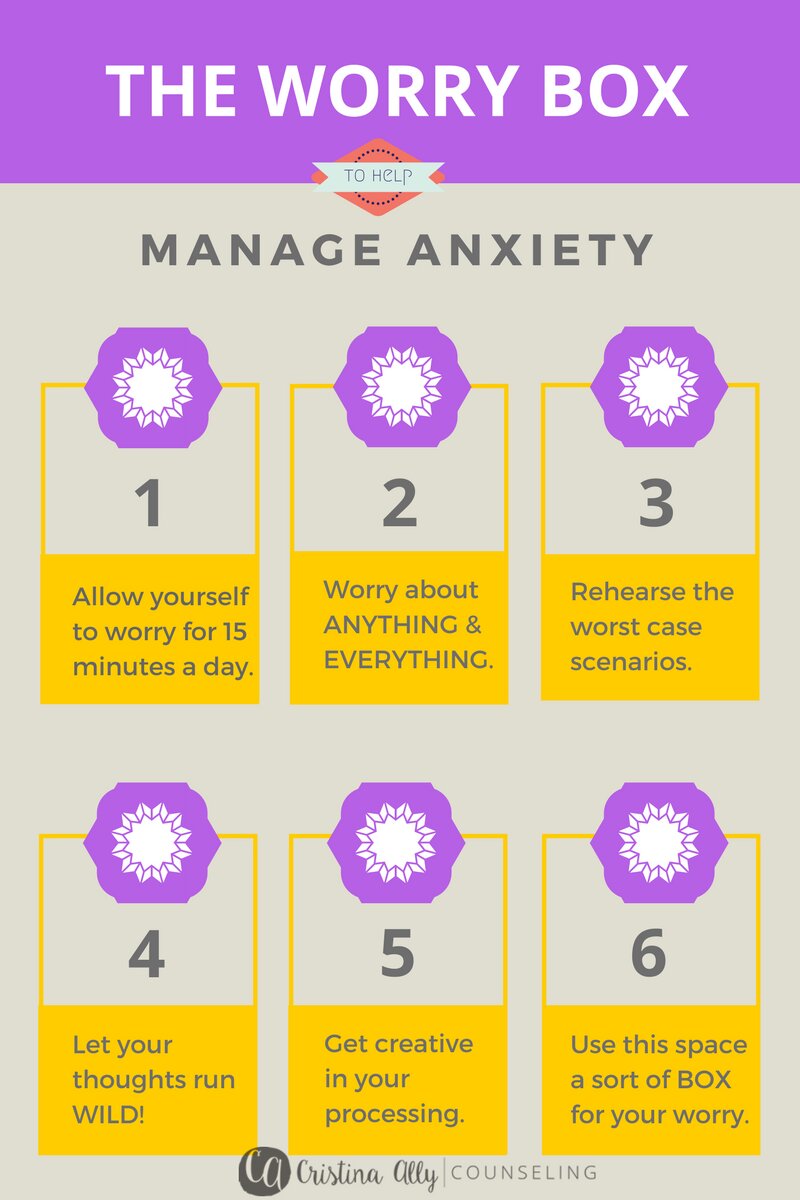4 Ways to Overcome Imposter Syndrome
You are at work and it is time to give the presentation you have been working on all month. You are a few hours before presenting but suddenly your head is attacked with negative thoughts. These thoughts are brutal as they question your credentials, your capabilities, and even your right to present. Inside, you feel […]





